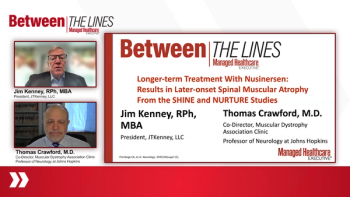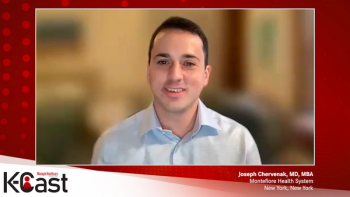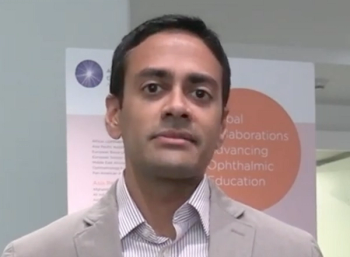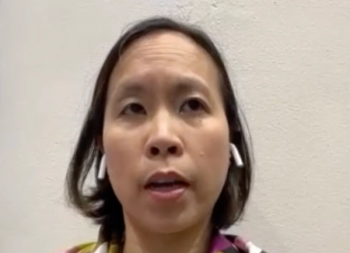
This study explores the background and rationale behind utilizing nusinersen for the treatment of Spinal Muscular Atrophy (SMA), shedding light on the critical need for the SHINE study. Delving into the characteristics of the patient population involved, the research aims to deepen our understanding of the therapeutic potential of nusinersen in addressing SMA, a debilitating genetic disorder.









